Benefits of mulching
alan haigh
9 years ago
Related Stories

GARDENING GUIDESNew Ways to Think About All That Mulch in the Garden
Before you go making a mountain out of a mulch hill, learn the facts about what your plants and soil really want
Full Story
GARDENING GUIDESGarden Myths to Debunk as You Dig This Fall and Rest Over Winter
Termites hate wood mulch, don’t amend soil for trees, avoid gravel in planters — and more nuggets of garden wisdom
Full Story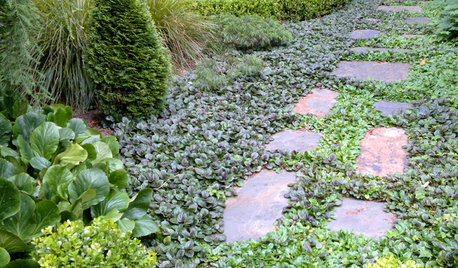
GROUND COVERSGround Force: 10 Top Ground Covers for Your Garden
Protect your soil from weeds and drought this summer with a living mulch of ground covers
Full Story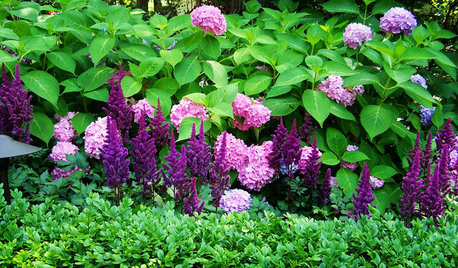
GARDENING GUIDESSoutheast Gardener's May Checklist
Bask in the blooms and mind your mulch this month; summer means lots to savor and lots to do in the garden
Full Story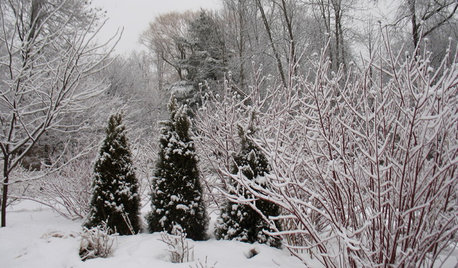
NORTHEAST GARDENINGNortheast Gardener's December Checklist
Wildlife and evergreens provide plenty of winter interest, but barer views offer their own benefits for gardens
Full Story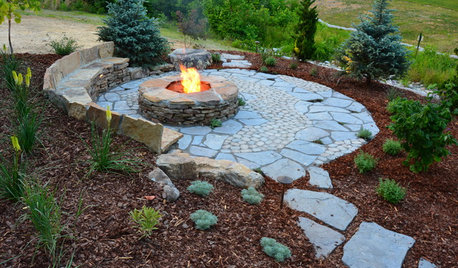
HOLIDAYS10 Ways Your Christmas Tree Can Live On After the Holidays
Learn how to recycle your Christmas tree and reap benefits for the environment
Full Story
GARDENING GUIDESHow to Stop Worrying and Start Loving Clay Soil
Clay has many more benefits than you might imagine
Full Story
GARDENING FOR BUTTERFLIES3 Ways Native Plants Make Gardening So Much Better
You probably know about the lower maintenance. But native plants' other benefits go far beyond a little less watering and weeding
Full Story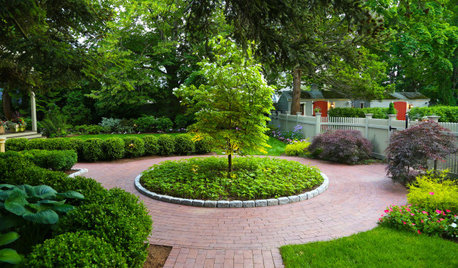
GARDENING GUIDESWhen and How to Plant a Tree, and Why You Should
Trees add beauty while benefiting the environment. Learn the right way to plant one
Full Story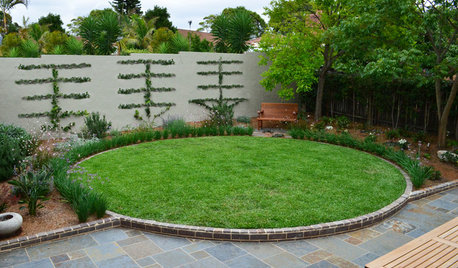
GARDENING GUIDESSmall Gem Lawns: More Impact From Less Grass
Instead of letting the lawn sprawl, make it a shapely design element in your yard. You’ll reap benefits both practical and aesthetic
Full StoryMore Discussions






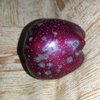
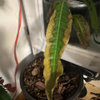
drew51 SE MI Z5b/6a
olpea
Related Professionals
Erie Landscape Architects & Landscape Designers · Severn Landscape Architects & Landscape Designers · Signal Hill Landscape Architects & Landscape Designers · Taylorsville Landscape Architects & Landscape Designers · Bridgeview Landscape Contractors · Clearlake Landscape Contractors · Dudley Landscape Contractors · Golden Landscape Contractors · Ridgewood Landscape Contractors · Secaucus Landscape Contractors · Snoqualmie Landscape Contractors · Vallejo Landscape Contractors · Wilsonville Landscape Contractors · Ansonia Landscape Contractors · Clearfield Landscape Contractorsalan haighOriginal Author